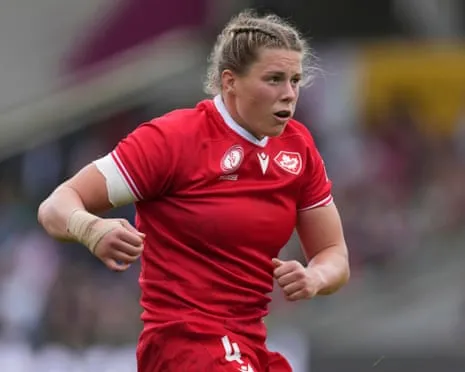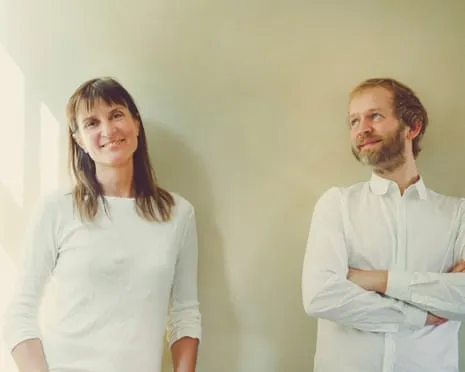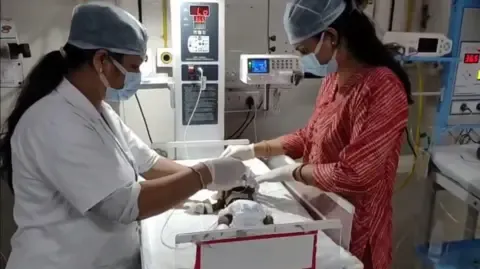

Spotlight Craze Engulfs the Teen Sensation, Though He Boasts a Super Power to Cope
Discover amazing stories and insights from our featured article.

Discover amazing stories and insights from our featured article.


 Valerie …
Valerie …

 Valerie …
Valerie …

Experience the future of storytelling through immersive digital journeys that blend creativity with cutting-edge technology

 By Valerie Hale
•
18 Sep 2025
By Valerie Hale
•
18 Sep 2025


 By Valerie Hale
•
18 Sep 2025
By Valerie Hale
•
18 Sep 2025

 By Valerie Hale
•
18 Sep 2025
By Valerie Hale
•
18 Sep 2025

 By Valerie Hale
•
18 Sep 2025
By Valerie Hale
•
18 Sep 2025

 By Valerie Hale
•
18 Sep 2025
By Valerie Hale
•
18 Sep 2025



 By Valerie Hale
•
18 Sep 2025
By Valerie Hale
•
18 Sep 2025

 By Valerie Hale
•
18 Sep 2025
By Valerie Hale
•
18 Sep 2025


 By Valerie Hale
•
18 Sep 2025
By Valerie Hale
•
18 Sep 2025



 Valerie Hale
Valerie Hale


 Valerie Hale
Valerie Hale


 Valerie Hale
Valerie Hale